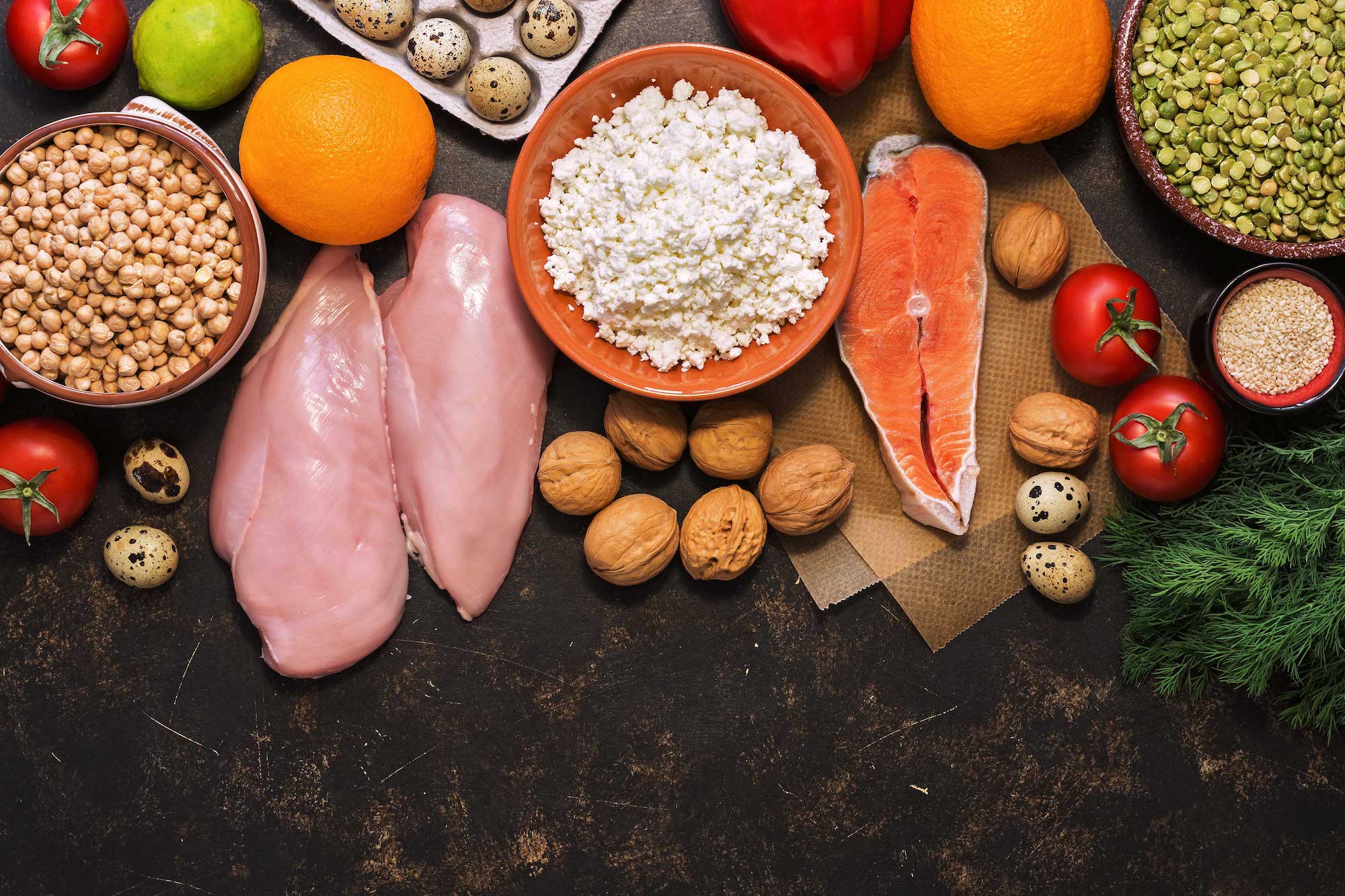
Everywhere you look, it seems, someone is talking about the importance of protein and its role in weight loss and weight maintenance. So why is protein so important and what does it do?
Proteins are commonly referred to as the building blocks of life. All human cells contain protein. Proteins found in the human body are made up from 21 different amino acids connected together into long chains. These amino acid chains are arranged in millions of different combinations to form thousands of different proteins. Proteins are responsible for growth and development, helping your body repair and make new cells and defending against diseases, among other functions.
OK, now that we know how crucial proteins are to life, how does that transfer to weight loss and maintaining a healthy weight?
- Healthy cells mean healthy function. If my organs, muscle and defense system are all working as designed, energy is being used and calories are expended. Adequate protein intake can also help to prevent muscle loss, known as “muscle wasting.”
- Some of the calories we eat are used to digest and metabolize the food. This process is called the thermic effect of food, or TEF. Protein has a much higher thermic effect compared to the other two main macronutrients, carbohydrates and fats. Simply stated, a higher percentage of protein calories are burned during digestion and metabolism than calories from carbohydrates and fat. A diet high (25 percent to 30 percent) in protein has been shown to boost metabolism and, in turn, increase the amount of calories burned by approximately 80 to 100 per day.
Adequate protein intake can improve metabolic function and caloric expenditure, but how does that help with hunger and appetite control? Clinical studies indicate that diets high in protein decrease hunger and increase satiety. Protein decreases levels of ghrelin, commonly referred to as the “hunger hormone,” while elevating the “appetite-suppressing” hormones. This means proteins can reduce hunger and appetite, while providing an improved sense of satiety, all leading to a reduction in caloric intake. Better appetite control and sense of satisfaction can also lead to improved “craving” control.
Where To Get Proteins?
Amino acids (proteins) are found in animal, dairy and plant sources, such as fish, poultry, milk, eggs, soy and beans, even some grains. Nutrition experts and registered dietitians recommend getting our dietary proteins from these foods:
- Fish: contains heart-healthy omega-3 fatty acids and has less fat, in general, than meat.
- Poultry: lean with very low saturated fat.
- Beans: have more protein than any vegetable protein and is high in fiber which helps you feel full.
- Nuts: One serving of almonds provides 6 grams of protein and valuable fiber.
- Whole grains: One piece of whole wheat bread provides 3 grams of protein and dietary fiber.
Peter Ford is a medical weight loss specialist at the Hartford HealthCare Surgical & Medical Weight Loss Center.
To schedule a free educational session with a surgeon at the Division of Metabolic and Bariatric Surgery at the Hartford Hospital Department of Surgery, call 855.792.6258 or visit Whatwillyougain.org.

